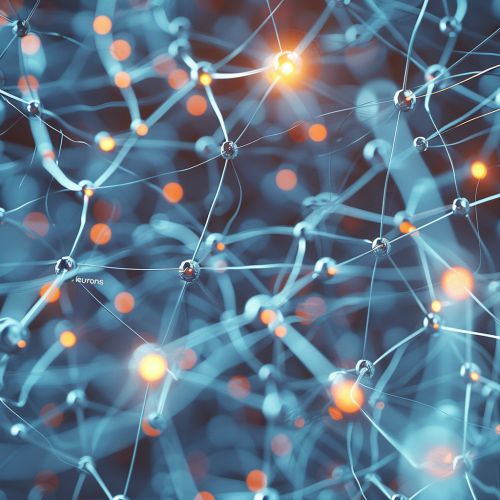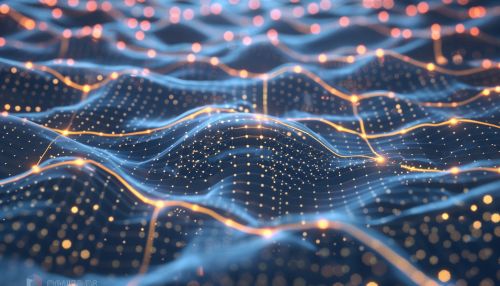Neural Network
Introduction
A neural network is a series of algorithms that endeavors to recognize underlying relationships in a set of data through a process that mimics the way the human brain operates. Neural networks can adapt to changing input; so the network generates the best possible result without needing to redesign the output criteria.


Structure of Neural Networks
The structure of a neural network is comprised of a large number of simple processing nodes, or "neurons", which are interconnected. These neurons are organized in layers. The first layer is the input layer, which receives the raw data. The last layer is the output layer, which produces the final result. Between the input and output layers are hidden layers, where the actual processing is done via a system of weighted connections.
Types of Neural Networks
There are several types of neural networks, each with its specific use cases and applications. These include feedforward neural networks, radial basis function neural networks, multilayer perceptrons, convolutional neural networks, recurrent neural networks, and modular neural networks, among others.
Applications of Neural Networks
Neural networks have a wide range of applications in various fields. These include computer vision, speech recognition, machine translation, social network filtering, playing board and video games, and medical diagnosis.
Training Neural Networks
Training a neural network involves adjusting the weights of the connections based on the data input and the desired output. This is usually done using a method called backpropagation, which involves propagating the error of the output layer back through the hidden layers, in order to adjust the weights.
Challenges in Neural Networks
While neural networks have proven to be powerful tools in various fields, they also present several challenges. These include the need for large amounts of training data, the risk of overfitting, and the difficulty of interpreting the results.
Future of Neural Networks
The future of neural networks looks promising, with ongoing research in areas such as deep learning, reinforcement learning, and unsupervised learning. These advancements could lead to even more powerful and efficient neural networks.
